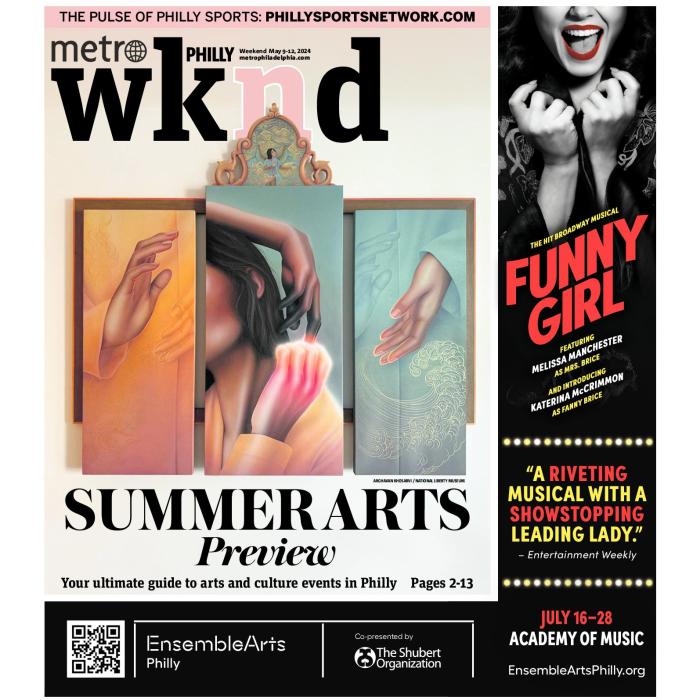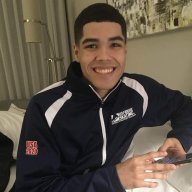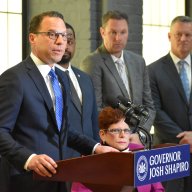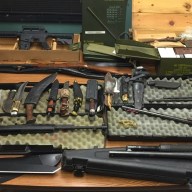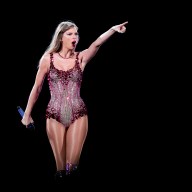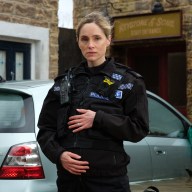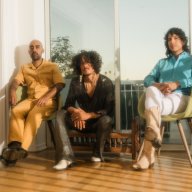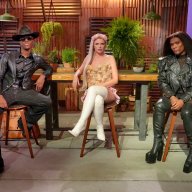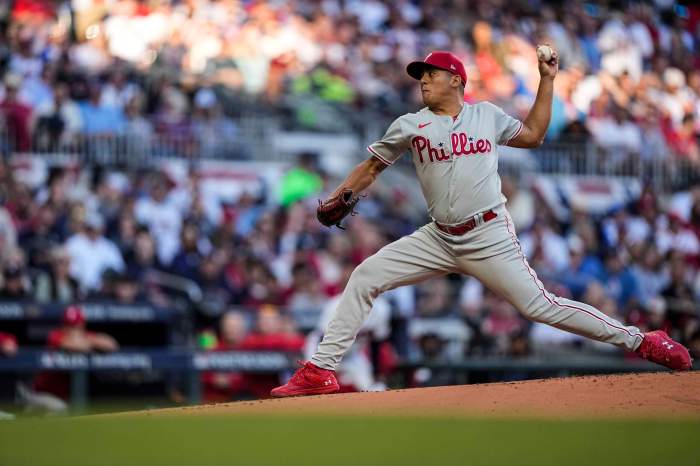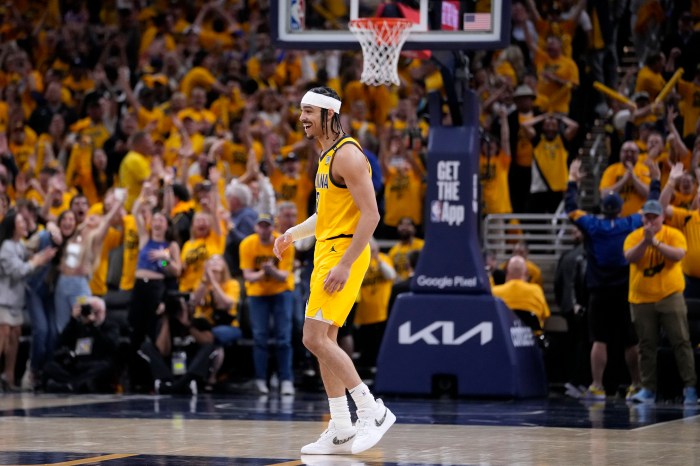In 1969, when Noam Chomsky and William F. Buckley sat down to debate U.S. imperialism and the Vietnam War, they did so on the sterile set of Buckley’s weekly PBS show “Firing Line.” There were suits, there were clipboards, there were untouched glasses of water. There was also an audience, but if they agreed strongly with Buckley’s right-wing views or Chomsky’s leftist counters, they politely kept it to themselves.
Next week, when playwright (and famed, frequent Metro contributor) Bruce Walsh lifts their word-for-word dialogue for his Fringe show, he’ll put the heated conversation where, in some ways, it belonged all along: the middle of a Philadelphia dinner party.
“In a domestic relationship — whether it’s a roommate or a spouse or whatever — how you hang the toilet paper, how you do the dishes, we have established ‘right ways’ to do that. And those details have to do with larger things about how we want to live our lives,” notes Walsh. “So I was interested in taking this highly intellectual policy debate and putting it in a kitchen, putting it in a place where people have to cook food together. There’s etiquette around that; there’s conflict around that.”
“Chomsky vs. Buckley, 1969” takes place at Walsh’s Northern Liberties residence over appetizers and beer, with Rob Wetherington reciting Chomsky’s parts and Maria Möller taking over for Buckley. And while the script is decades old, audiences might be surprised by how current the conversation seems.
“I feel like it speaks to an eternal right-versus-left debate that exists, I think, within all of us, within all of our families,” says Walsh. “It’s a very American debate, talking about the use of power. And we have had a lot of it over the last century or so.”
While there’s certainly a playful aspect to serving mini hot dogs and reciting Chomsky debates, the show is also serious in its efforts to promote discourse among friends, roommates and strangers who have different ideas about how to set the table.
“For me, it was about thinking about debate in my own life,” says Walsh. “Not so much recently, but I used to find myself about once every few months getting in an all-out yelling match about politics, about health care especially, in a bar somewhere, and ruining everybody’s night. I’ve been looking for a better way to talk about things with people that I disagree with rather than debating. Because it’s such a trap.”
